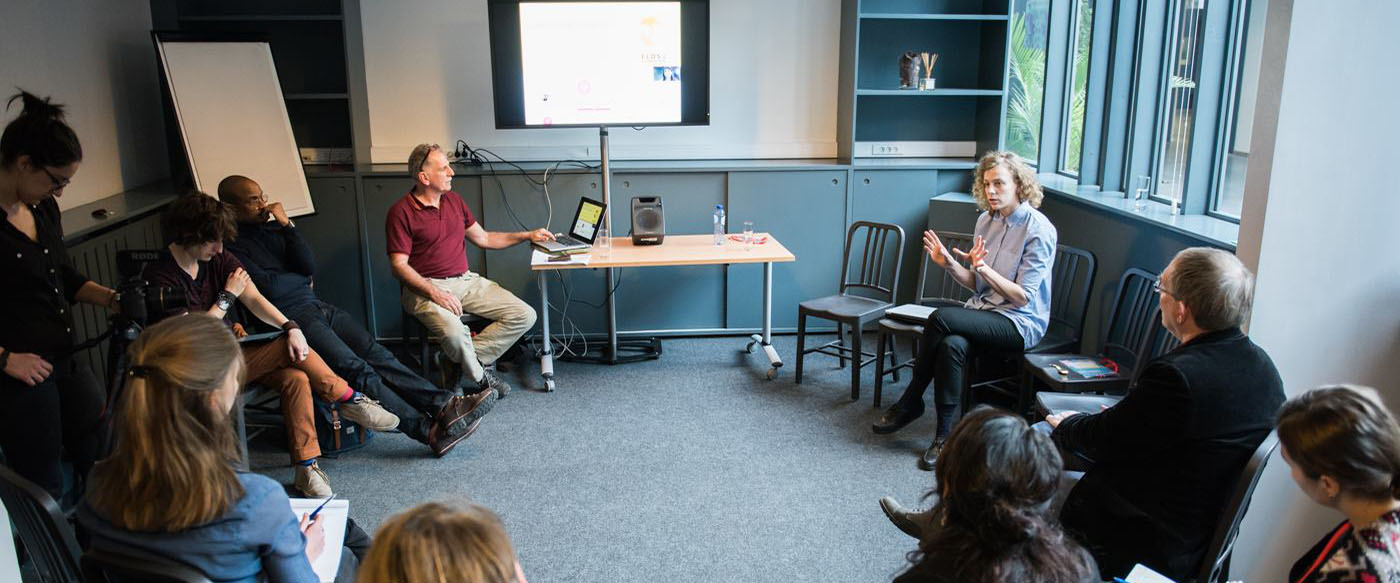Fruitful Labs: E-Motive going global
Fruitful Labs: E-Motive going global
Is E-Motive solutions driven? So to speak: does it take complex problems underlying the issues the network works on enough into account? Does E-motive only focus on topics and forgets about contexts, to make life easier?
Since the summer of 2015, four researchers from the Faculty of Humanities of the University of Utrecht dared to get grip on the characteristics of the future model of E-motive. It turned out not to be an easy task. Their assignment was to draft an evaluation framework for the new program of E-Motive: “the Going Global digital service platform”. Since the platform is non-existent so far, how to draft an evaluation? Their solution was to focus on the main aim of the platform: which is multiple learning. A quick scan of multiple learning was made by following two historical E-motive partners (Elos and Young in Prison) and their pilots which are part of the design of the new digital service platform. How do these partners learn, how are the learnings used and how are communities formed?
To breakdown multiple learning, the researchers started to focus on the language used in the platform, since all partners have their values, speak from different contexts. “So we have to analyse the words used, what discourse is in place, who selects the material available?” And they decided to participate also as observers (participant observation), as good anthropologists do. So they went on fieldtrips, down under.
One trip brought them in autumn to Madrid, where Elos organized the international E-mpulse festival, where 50 participants from different countries played the empulse game, an on-and-offline incubation game. Though it did not became clear what this incubation is exactly about, the researchers were positive about the game as it is very structured and strong, with 7 clear steps for each participant to take, and where each participant has a sense of community belonging that provides support. The face to face meetings of the E-mpulse were evaluated as very positive. The E-mpulse game turned out to be a successful match making platform, one of the key services that will be provided by the digital platform to newcomers and less suitable for creating sustainable communities. Mainly because there is a high risk of exclusiveness of the game, since it is also off line and not all potential participates have equal access to IT. But with whom E-Motive wants to create communities? How inclusive E-Motive wants to be? And who will decide this? The critical mirror in front of E-Motive, by the Utrecht University, and hopefully soon joined by a Southern University, will give a healthy boost to the E-Motive thinking.

